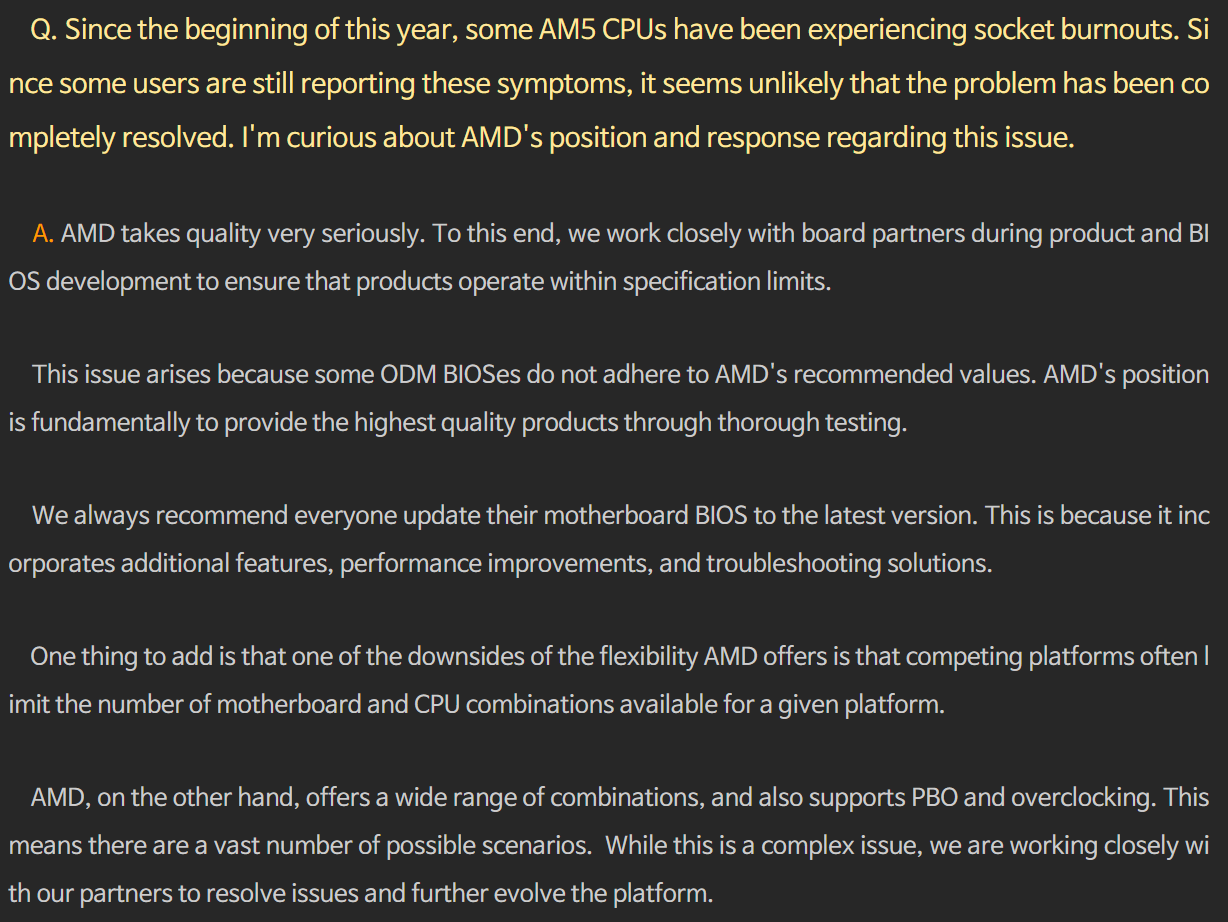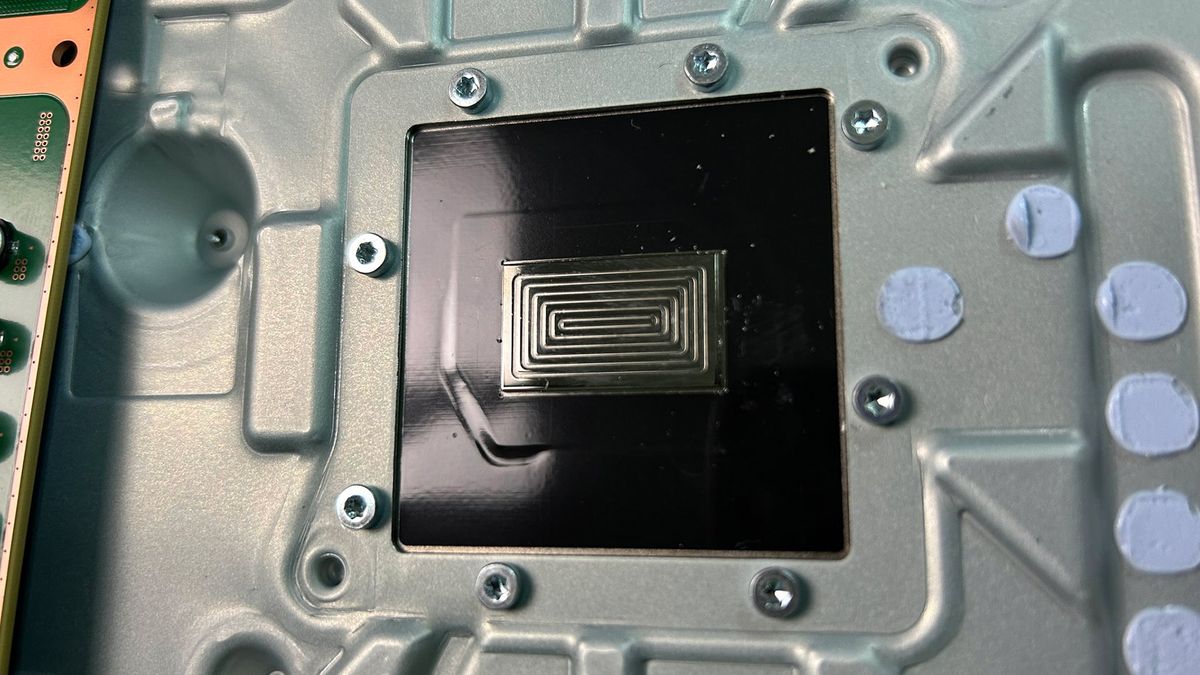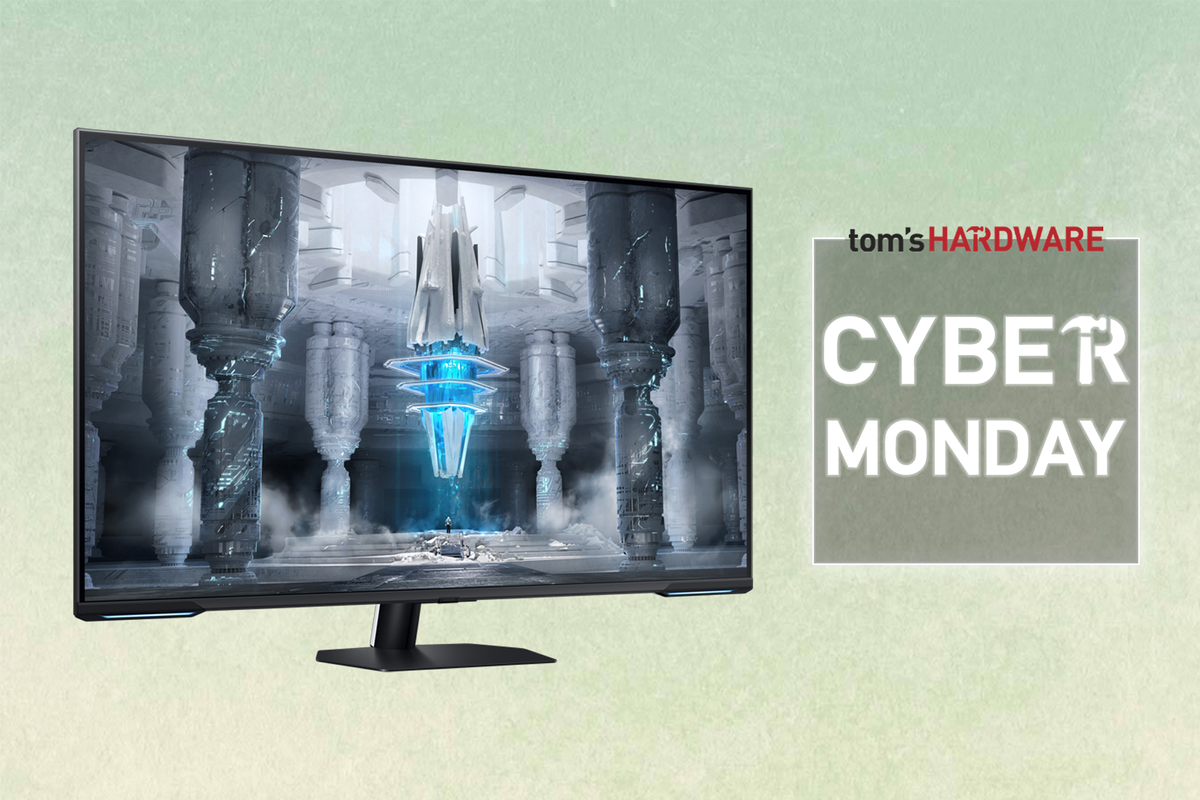AMD has finally responded to recent socket burnout issues plaguing some third-party AM5 motherboard vendors — including ASRock. Quasarzone had a Q&A session with AMD's David McAfee and Travis Kirsch, who explained the reason behind these burnout issues.
AMD claims the underlying problem behind the burnout issues is caused by some ODM BIOSes that do not adhere to AMD's recommended values. However, AMD has further clarified that the issue is complex and is working closely with its partners to resolve it. AMD also recommended users update their motherboard BIOS to the latest version.

Earlier this year, an unusually high number of Ryzen 7 9800X3D failure reports were posted on Reddit, with the majority of the reports shared by users with ASRock motherboards. The abnormality was so significant that ASRock moderators created a Reddit megathread dedicated to the issue entirely in an attempt to figure out the root cause of the problem(s). Some of these failures were so severe that they caused the socket to "burn out," resulting in physical damage to the socket.
ASRock soon stepped in and made several attempts to fix the burnout/failure issues. Initially, ASRock blamed memory compatibility issues as the cause and attempted to resolve them with BIOS updates. However, that did not fully solve the problem. Its latest update was in late May, when ASRock confirmed that its latest BIOS version at the time, 3.25, altered a plethora of PBO settings to rectify the burnout issues. These included updates to EDC, TDC, and "shadow" voltages.
So far, this update has appeared to resolve the issue for most users, as the problem has significantly decreased in severity since ASRock's 3.25 BIOS update went live. Regardless, some Redditors claim the burnout issues are still present and affecting their ASRock AM5 boards.
Follow Tom's Hardware on Google News to get our up-to-date news, analysis, and reviews in your feeds. Make sure to click the Follow button.

 3 months ago
72
3 months ago
72






 English (US) ·
English (US) ·